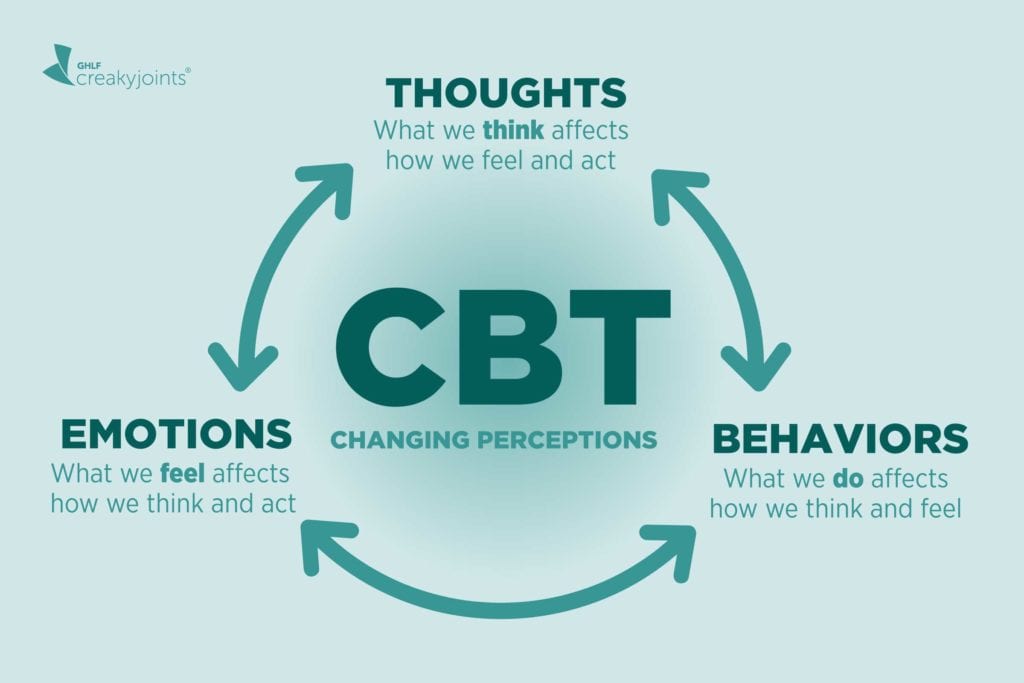
August 30, 2024
Anxieties
Anxiety: Definition, Qualities, Causes, Treatment A person with nyctophobia may experience severe anxiousness when going into dark locations, throughout going to bed, when the sun collections, thinking about the dark, or watching a television program or flick with nighttime scenes children. A person may also experience extreme sweating, fear, anxiety attack, extreme emotions, shortness of breath, increased heart rate, non-cardiac breast pain, or heart palpitations. If a person is experiencing a fear of adjustment that is impacting their daily life or creating them to prevent situations that might cause favorable adjustment, a psychological health and wellness specialist can assist. Nyctophobia is far more usual in youngsters than grownups, however people of every ages can be scared of the dark. Youngsters and adults that had a traumatic or uncomfortable experience at night are most likely to develop this sort of anxiety, specifically if the event occurred in the dark. Memories of that scary experience can return whenever the lights head out and even when you think about remaining in the dark.Common Kinds Of Anxieties And Concerns
While many individuals that have anxieties can live their lives just great, in some cases an illogical fear can hinder of a healthy and pleased life. To keep our anxieties in check, it's great practice to be aware of our illogical concerns and be ready to face them if they are affecting our lives. There are several alternatives to conquer fears such as counselling, mindfulness methods, and cognitive behavioural therapy. The scientific research behind the fun of worry is that from a physical standpoint, our worry and enjoyment actions are rather similar. If we can prepare for scared situations in advance, we turn on the reward centres of the brain. Simply put, understanding that we will be frightened makes the circumstance enjoyable as opposed to afraid. The two key points that make concern pleasurable are the expertise that there is no real harm coming our way and that we are in control of the situation. With flooding, the individual is exposed to a vast amount of the feared things or to a feared scenario for an extended duration in a risk-free, controlled environment till the concern diminishes.Why did we establish concern?

What Takes Place Inside Our Mind And Body When We Are Terrified?
- Individuals are afraid points or situations that make them really feel harmful or unsure.
- Nonetheless, whereas Pavlovian concern conditioning study usually counts on physical measures of arousal and behavioural actions of avoidance, medical research study and judgement of scientific standing is frequently restricted to self-report of distress or evasion.
- Relocating a lot more gradually will make the techniques less aversive, although conquering the anxiety will take much longer.
- If your phobia does not affect your life that much, it's most likely absolutely nothing to be worried concerning.
- Initially, the specialist needs to continuously design nonfearful actions for the client.

Social Links